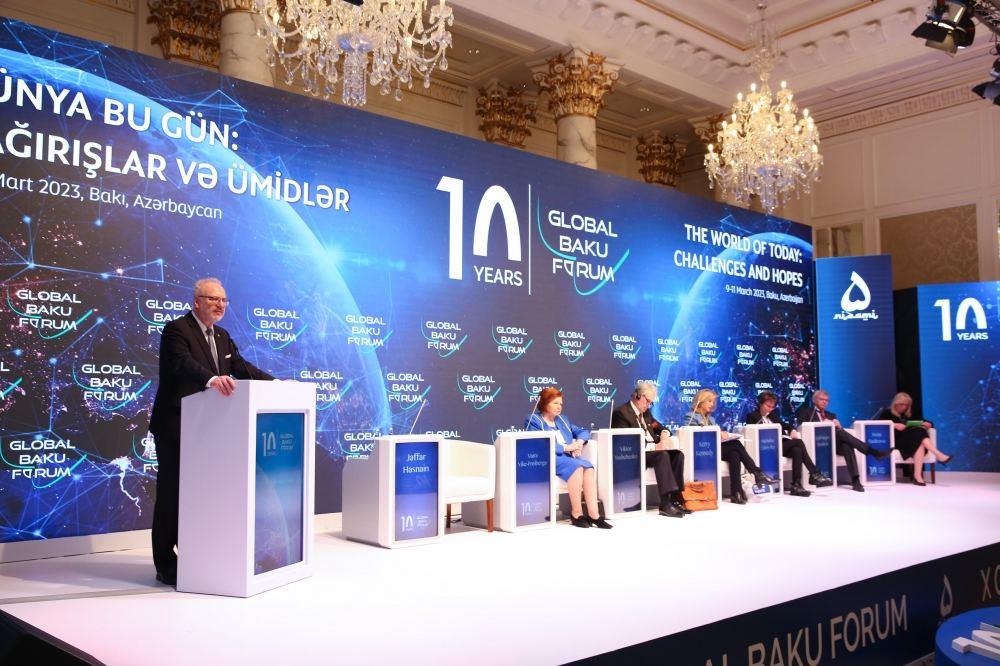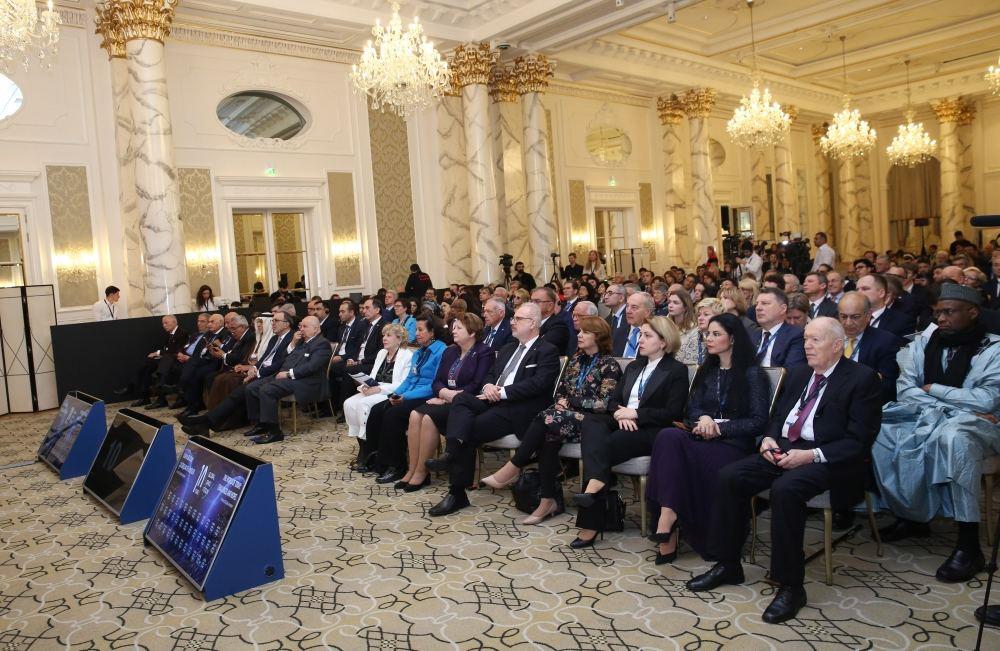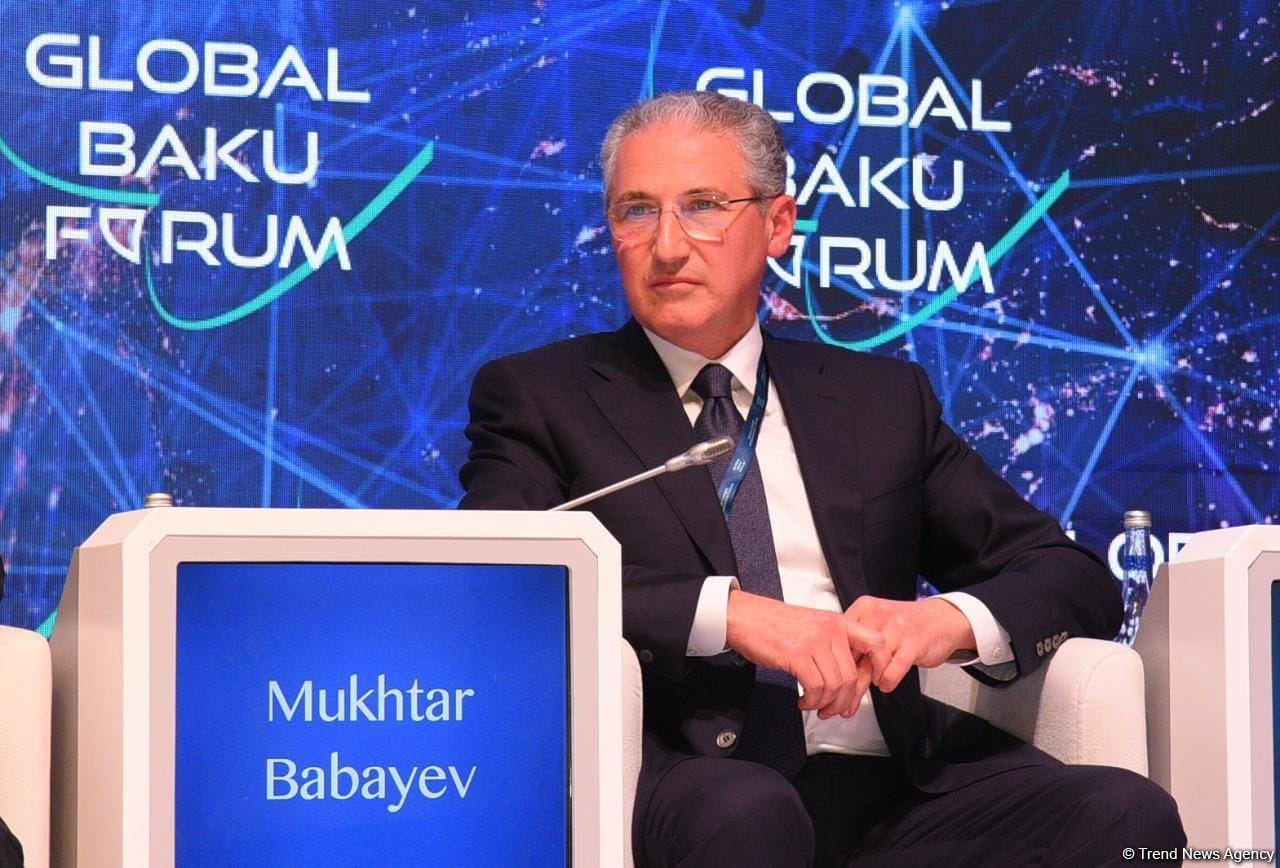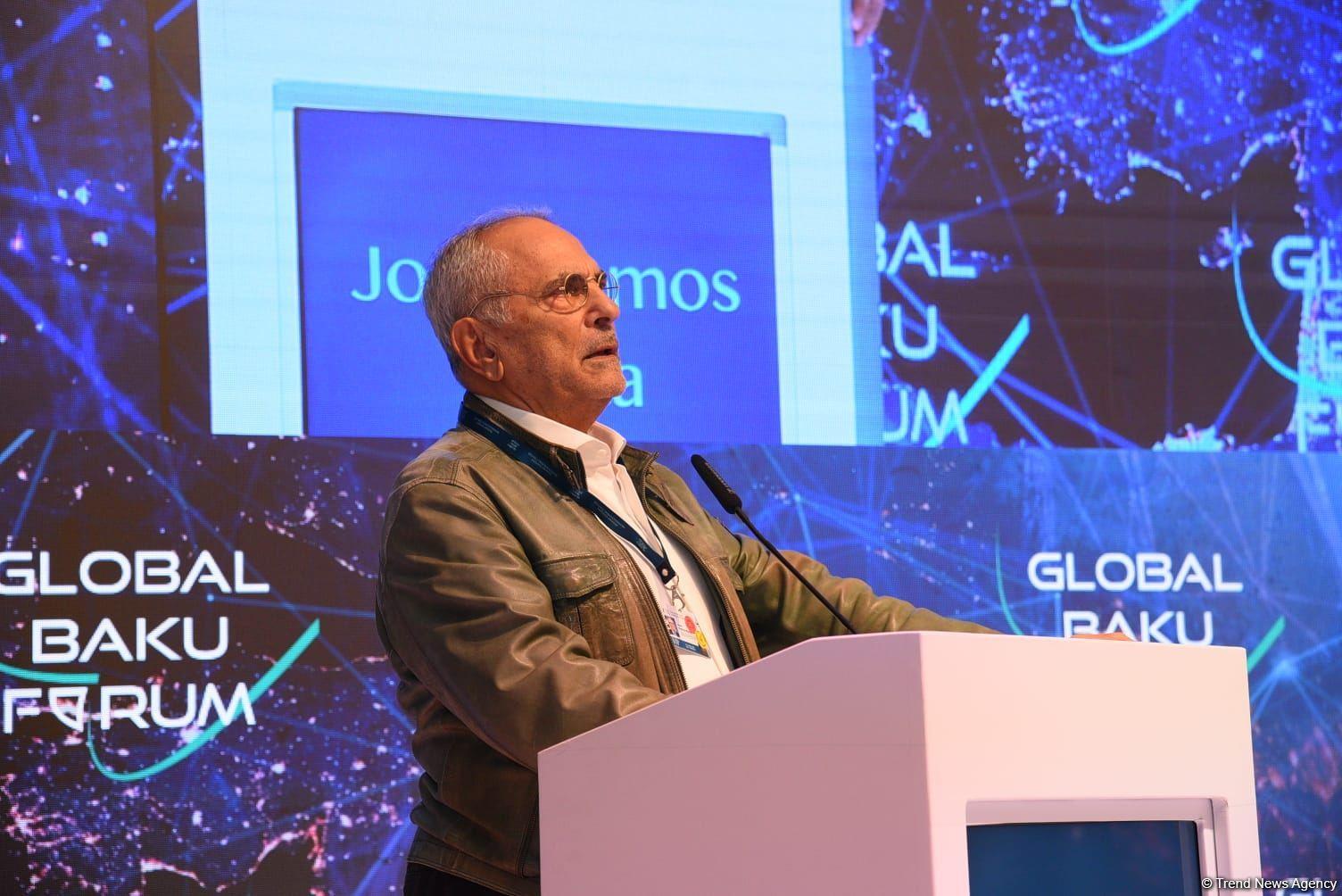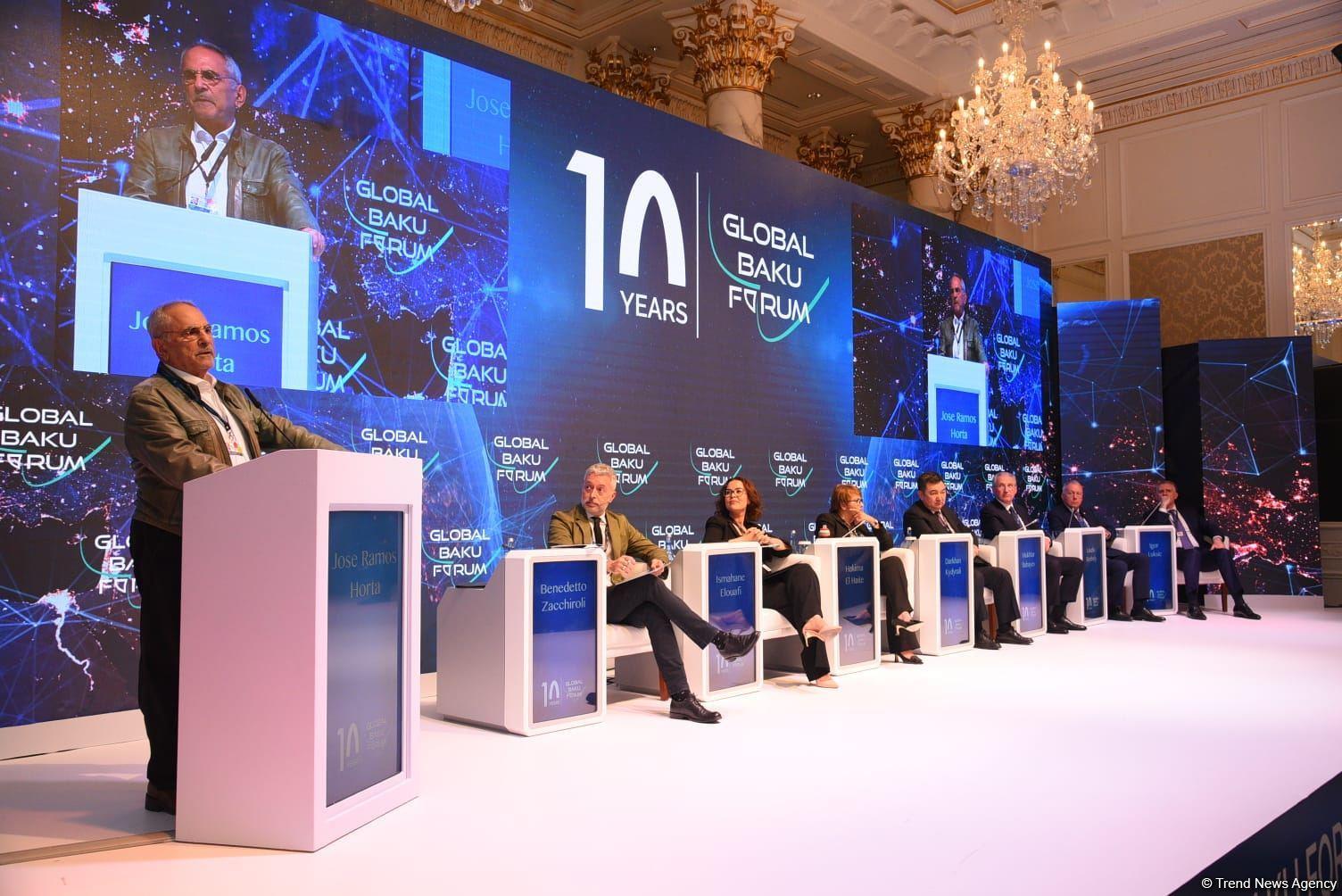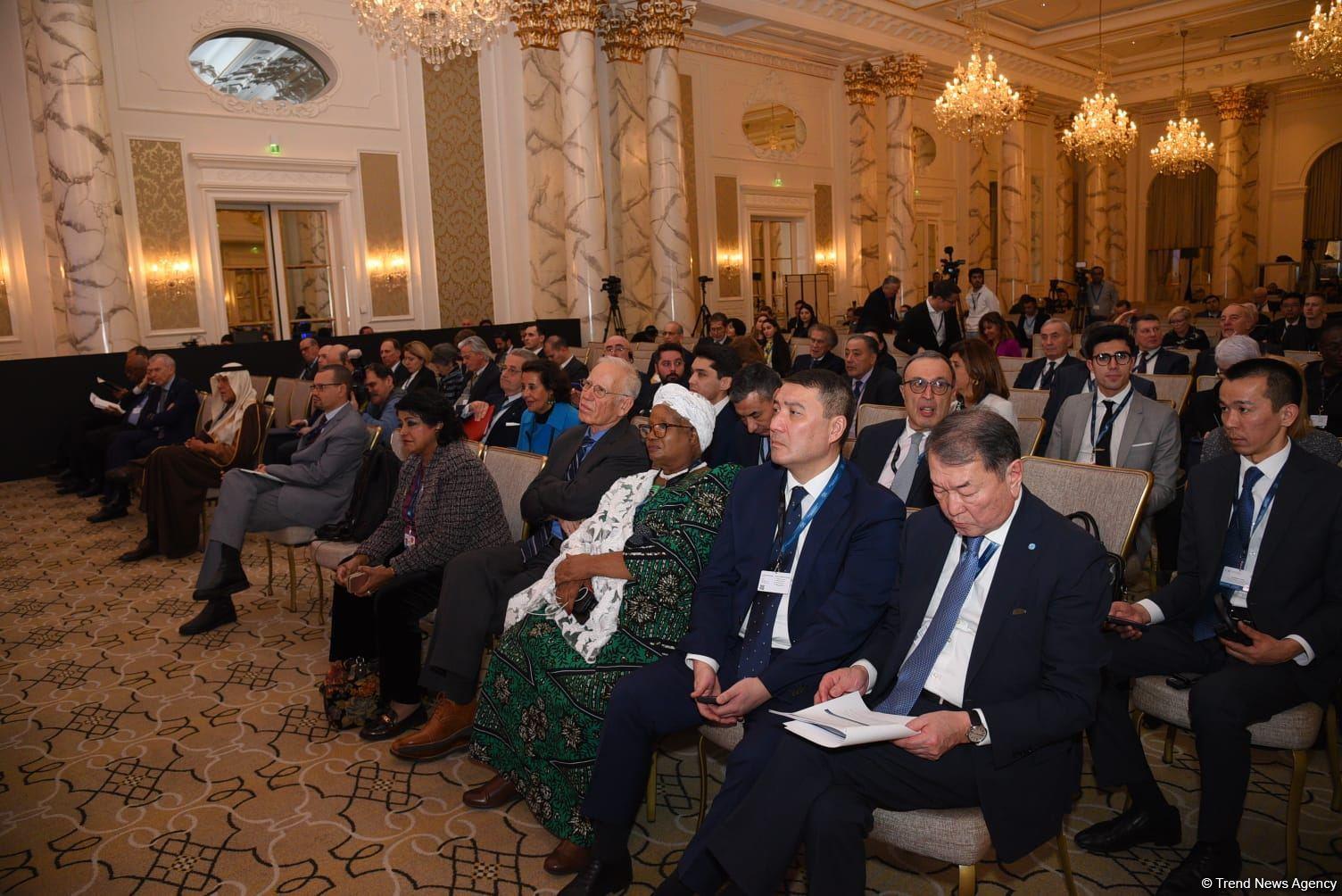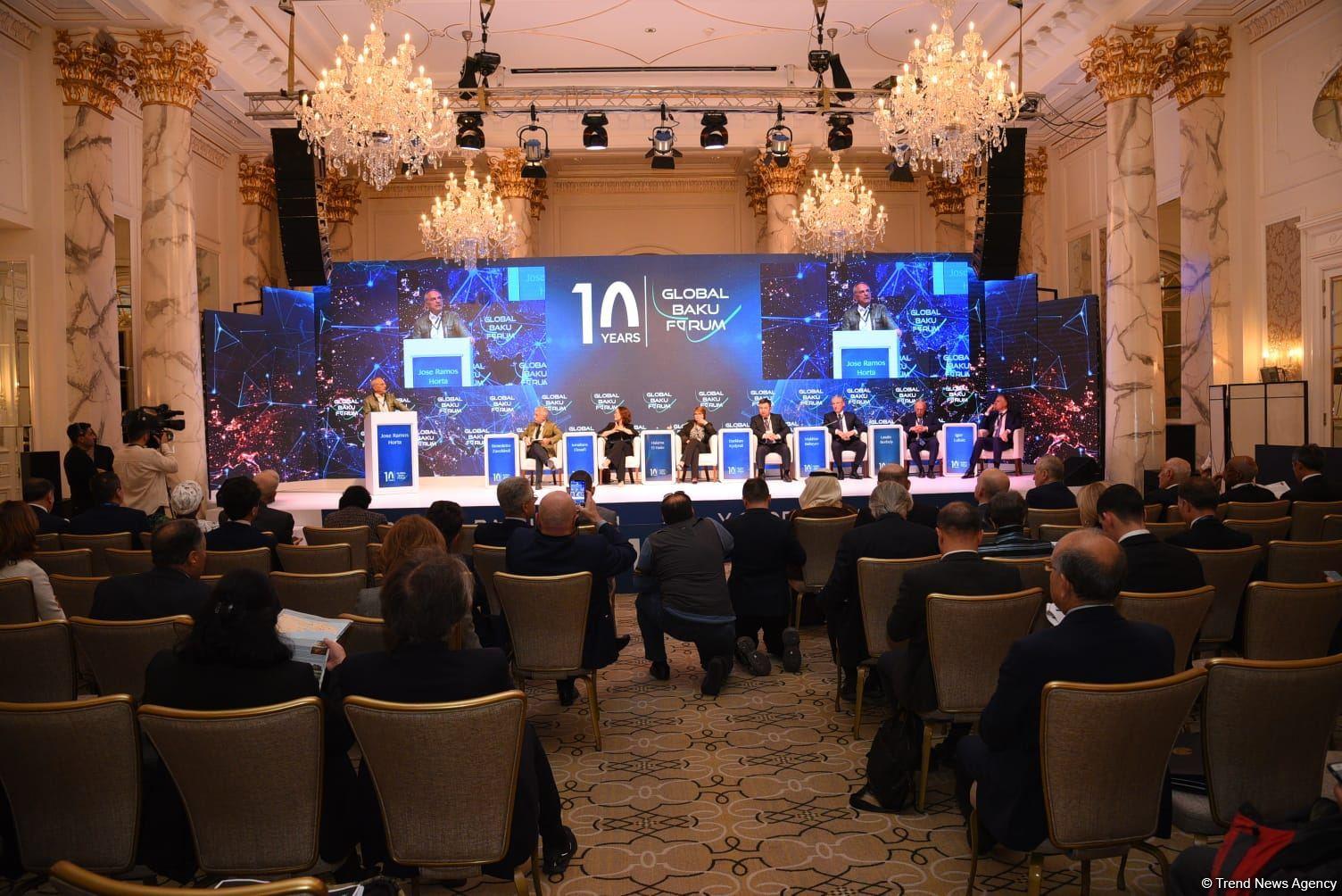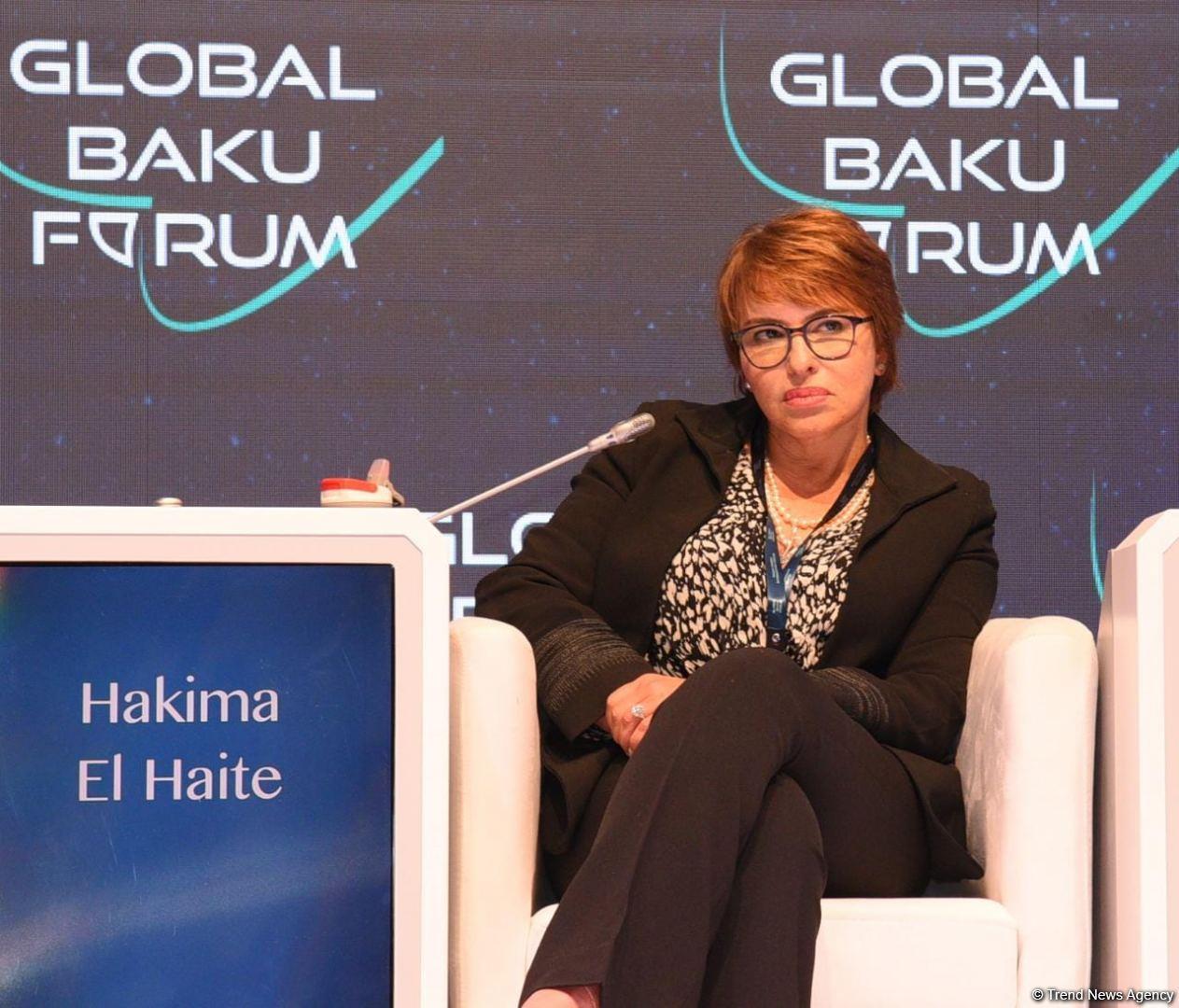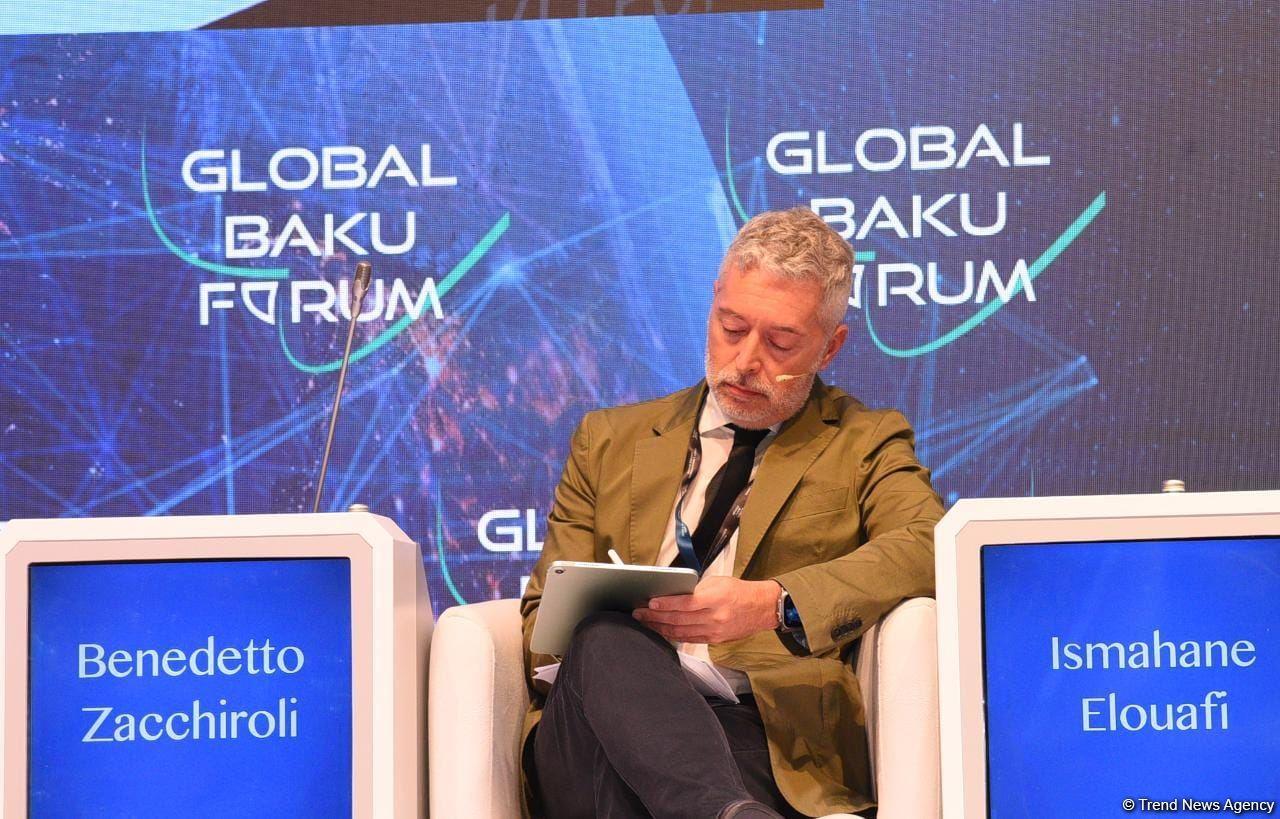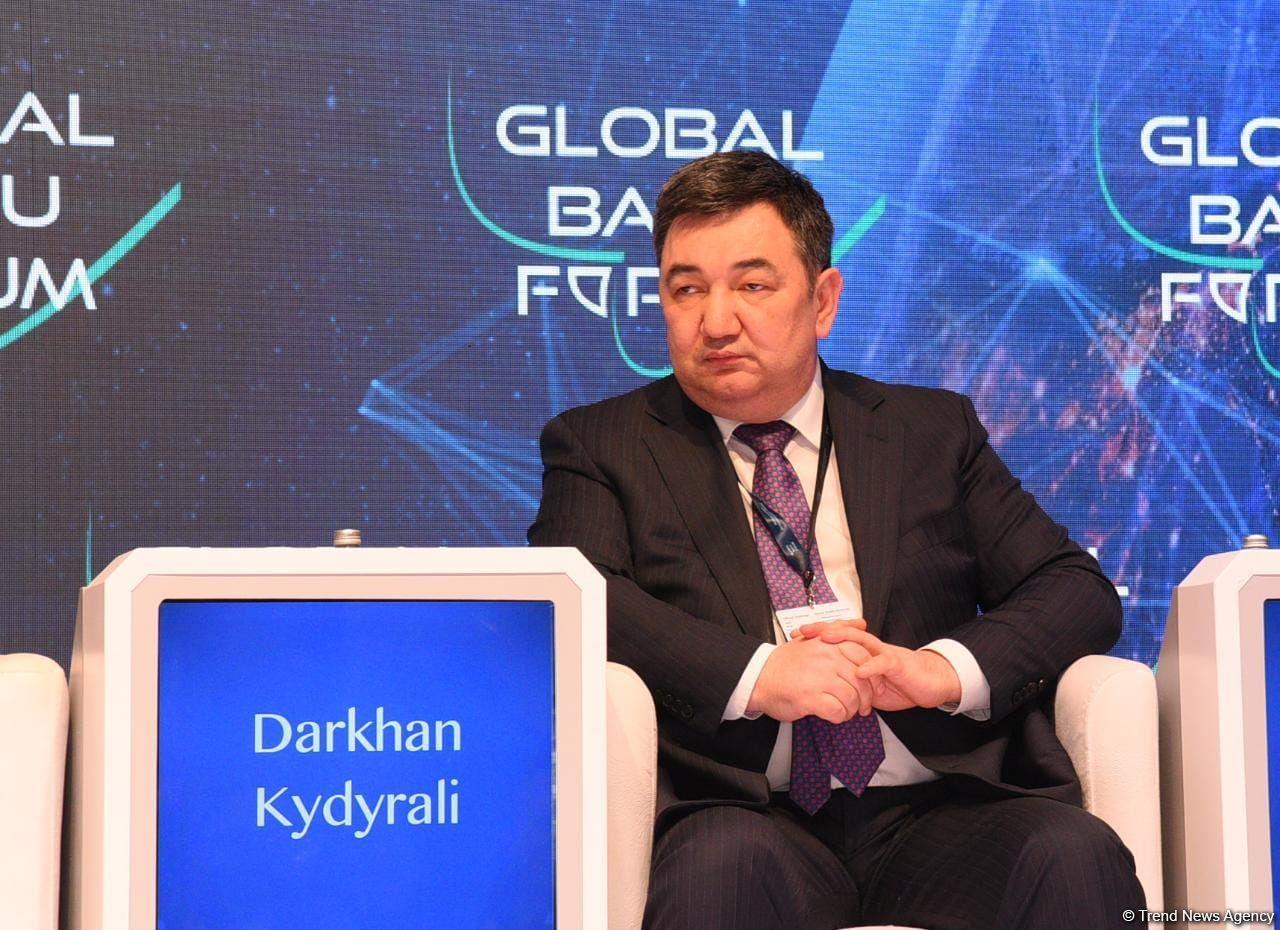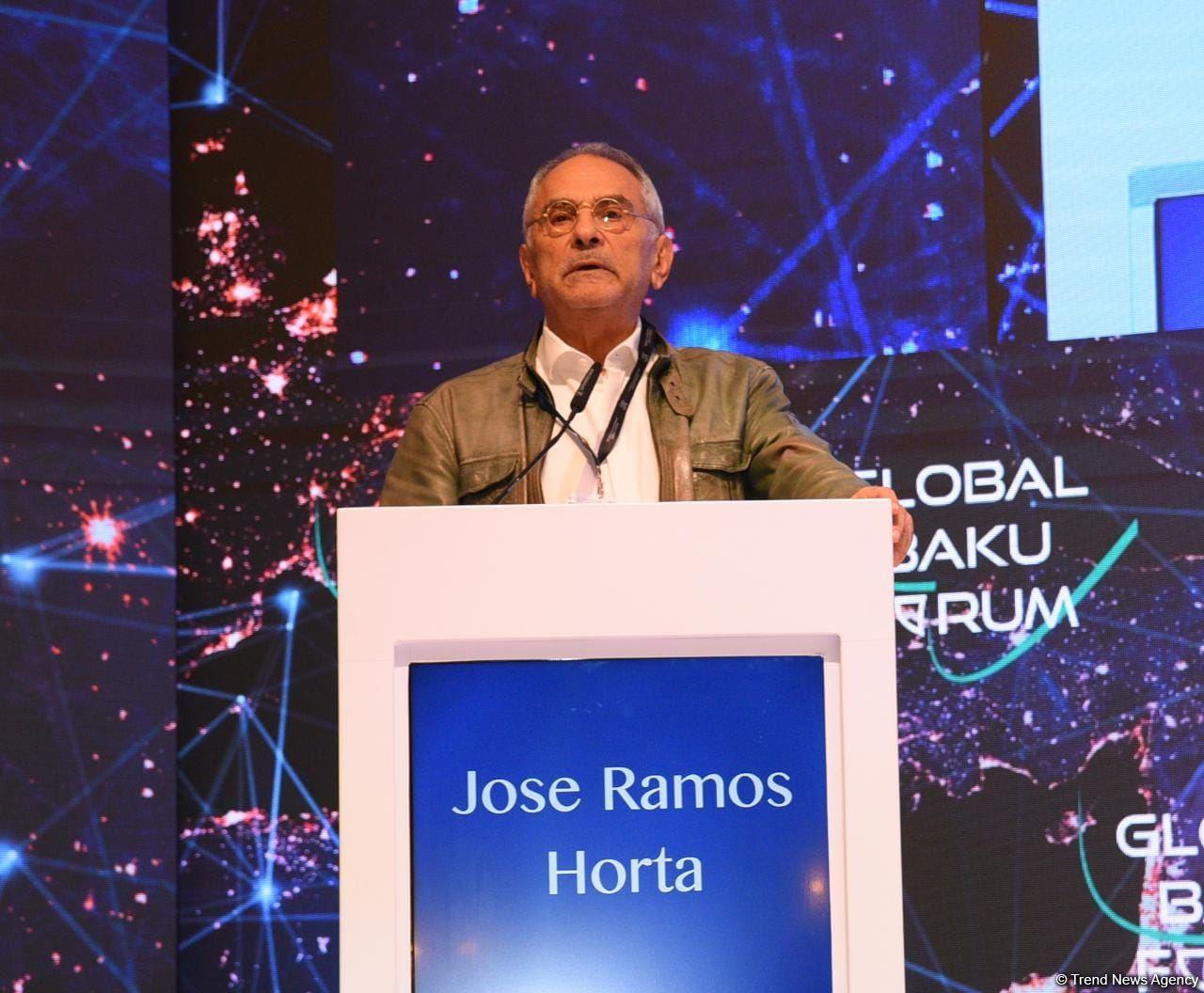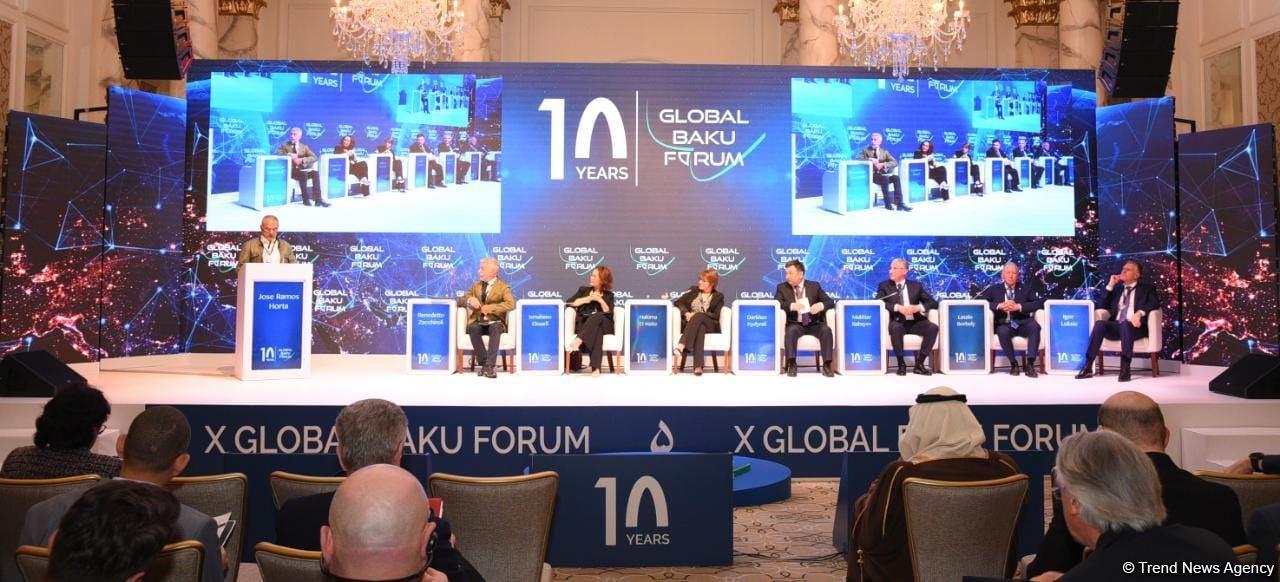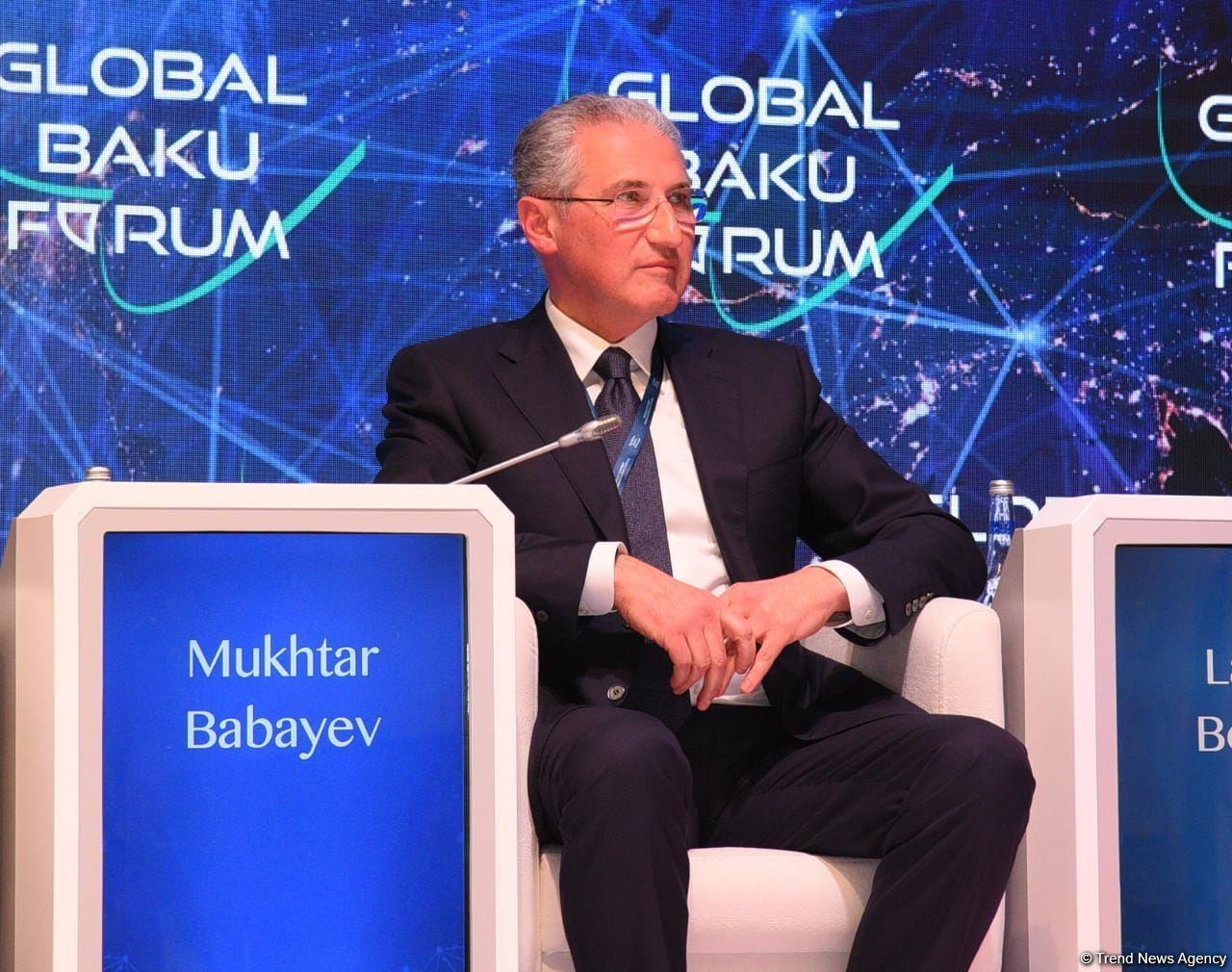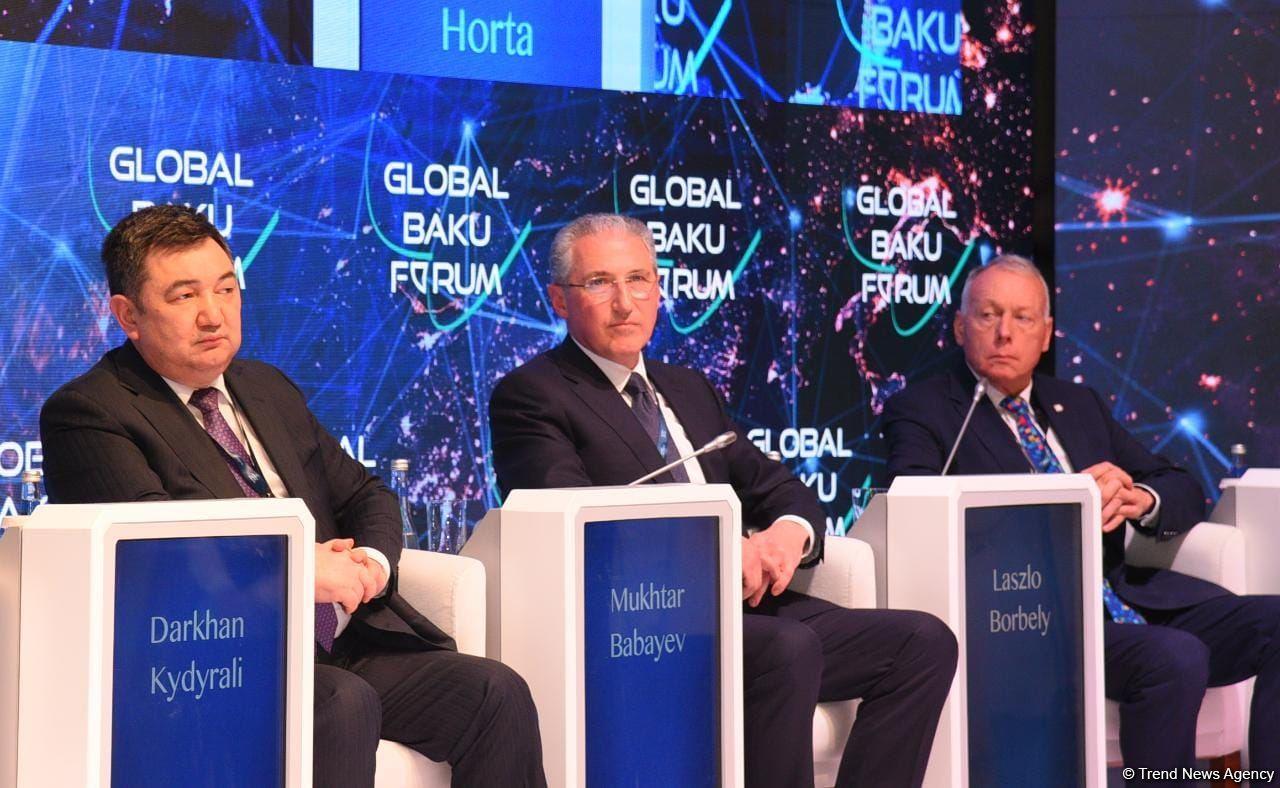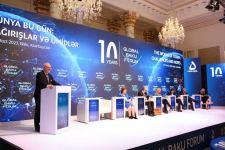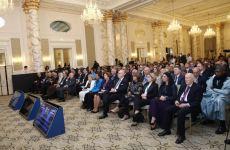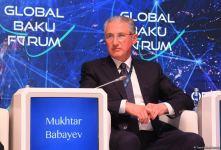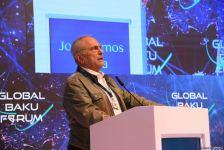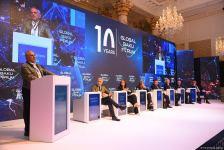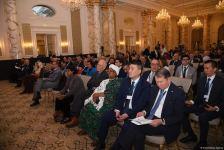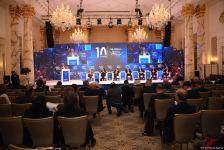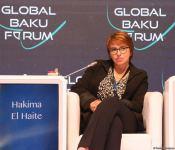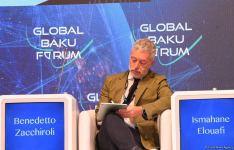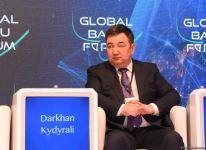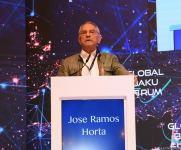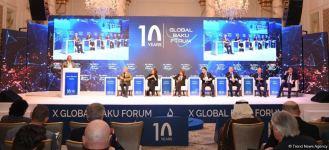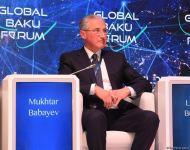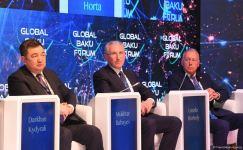(MENAFN- Trend News Agency) BAKU, Azerbaijan, March 9. Following the
opening ceremony, the X Global Baku Forum continued with panel
sessions, trend reports.
A video prepared by the Nizami Ganjavi International Center was
shown for the first time at the first panel session on the topic
'Building resilience in a divided world: its impact on the global
world', moderated by Anchor and Correspondent of the Turkish TRT
World TV channel Jaffar Hasnain. Meanwhile, a minute's silence was
observed in memory of people killed in the Türkiye earthquake.
While delivering a speech at the meeting, President of the
Republic of Latvia Egils Levits said that security is the key issue
for states and individuals.
'As an example of external challenges, conflicts occurring
around the world, one can cite the conflict between Russia and
Ukraine. For the first time, our international event reacted to
this conflict. We should not allow wars to flare up in the world.
The conflicts taking place in the world have changed many
countries' plans,' he said.
Meanwhile, stressing that climate change is dangerous all over
the world, Levits emphasized that this issue is now among the main
problems in the world.
'Efforts must be made to eliminate this global challenge. It is
important to ensure international law, which appears as the basis
of the rule of law and world peace,' he added.
President of Robert F. Kennedy Human Rights Kerry Kennedy talked
about the Russia-Ukraine conflict and the importance of
establishing an international tribunal.
'We're here to change the world right now. We have to work for
justice and peace,' Kennedy said.
Vaira Vike-Freiberga, the co-chair of the Nizami Ganjavi
International Center, former President of Latvia (1999-2007),
stressed that international law standards should be developed in
order to respect human rights. Compliance with these laws is an
important way to avoid chaos. Sharing her opinion about NATO
forces, Vike-Freiberga noted that Latvia has armed forces and meets
certain standards as well. These forces are not used for wars or
chaos.
Former Prime Minister of Norway (1997-2000 and 2001-2005) Kjell
Magne Bondevik underscored that the current situation differs from
the one following the World War II. That is why stronger regional
cooperation between countries is so vital.
Stressing that this cooperation can bring more unity, he said
that NATO is surely protecting us, the role of the EU,
non-governmental organizations, and religion is also great.
'Religion can serve as the basis of peace. Therefore, the
mission of representatives of religion is considerable. We know
that democracy and war are opposites, democracy is a partner in
building peace, and everyone must be involved in ensuring peace,'
said Bondevik.
Former President of the Swiss Confederation (2007-2011)
Micheline Calmy-Rey pointed out that the countries are exploring
ways to achieve peace, trying to bring the world to a pre-crisis
state.
'A new world order is slowly approaching us. What can the world
give us? It is difficult for us to foresee,' she said.
Emphasizing that the world order and international law are of
utmost significance in international relations, Calmy-Rey stressed
that after the outbreak of the conflict between Russia and Ukraine,
it turned out that the UN is no longer a superpower guaranteeing
peace.
Former President of Ukraine (2005-2010) Viktor Yushchenko
expressed confidence that his country would win the above-mentioned
conflict. He said that cooperation is currently the focal point of
all countries.
'It is important for us to set up a new security system in the
whole world,' he added.
The panel session continued with discussions.
